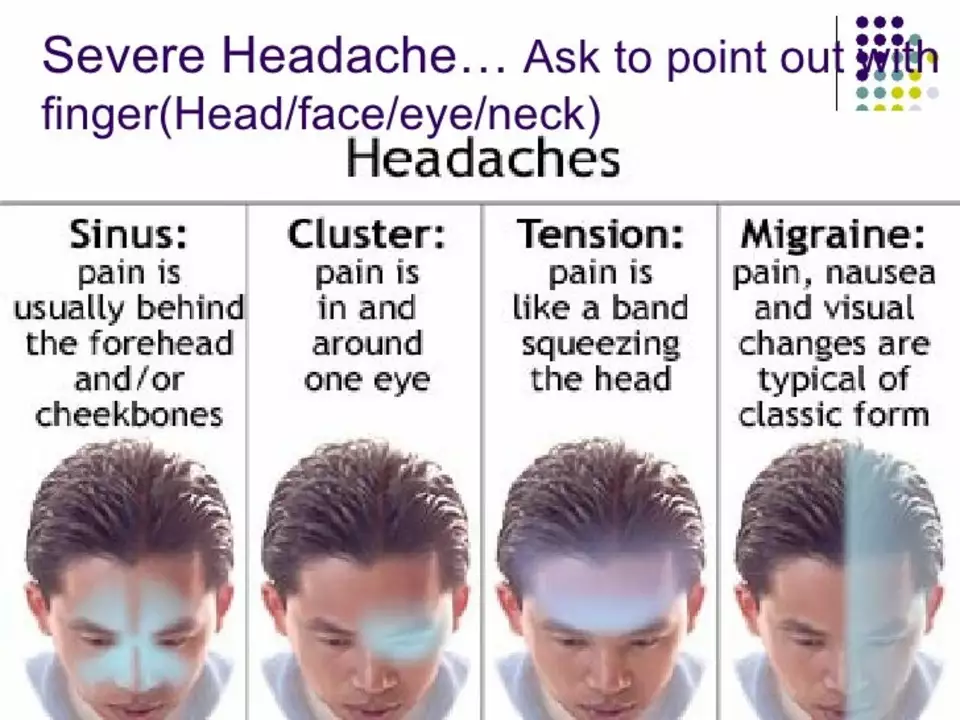Induced Headaches: Causes, Triggers, and How to Stop Them
Did a pill, a drink, or quitting caffeine leave you with a pounding head? That’s an induced headache — a real, often fixable problem when something you took or stopped taking triggers pain. This page helps you spot common causes, short-term relief steps, and how to avoid a repeat.
Common drug triggers
Some medicines and substances are known to cause headaches for many people. The biggest offenders are overused painkillers (acetaminophen, NSAIDs, opioids, triptans, ergotamines) which can create medication-overuse or "rebound" headaches if used too often — usually when taken more than about 10–15 days per month for several months. Caffeine does double duty: too much can provoke headaches and stopping it suddenly often causes withdrawal headaches. Other triggers include nitrates (like nitroglycerin), certain blood pressure or heart drugs, some hormonal pills, and recreational drugs or alcohol. Even seemingly mild stimulants or decongestants can set off a headache in sensitive people.
What to do right now
If your headache started after a medication change or after stopping caffeine, first pause other new meds and check labels for known side effects. Do not abruptly stop prescribed drugs without asking your doctor. For immediate relief, try simple measures: rest in a quiet, dark room, drink water, apply a cold pack or a warm towel to the neck, and practice slow breathing. Over-the-counter pain relievers can help short term — but if you already use them often, they might be the cause. In that case, don’t increase the dose; call your clinician instead.
Watch for warning signs that need urgent care: sudden severe headache unlike any before, fainting, confusion, double vision, trouble talking or moving, fever with stiff neck, or gradual daily worsening. If headaches become daily or happen most days, or if you rely on pain pills more than 10–15 days a month, see a doctor. They can confirm if it’s a medication-overuse headache and build a taper plan. Withdrawal can be rough, so medical support—sometimes with short-term bridge meds—is often needed.
Prevention beats repeated pain. Keep a simple headache diary: note what you take, how often, and what you eat or drink. Limit acute pain meds to the lowest effective dose and to fewer than 10–15 days per month. Cut caffeine slowly instead of stopping cold turkey. Review all your prescriptions and supplements with a pharmacist or doctor — sometimes switching drugs or schedules fixes the problem. If headaches are frequent, ask about preventive options like daily medications, lifestyle changes, or non-drug therapies such as physical therapy, relaxation training, or guided biofeedback.
You don’t need to accept constant headaches. Track what triggers them, get medical help for safe tapering when needed, and try simple at-home strategies while you work with your clinician to find a long-term solution.
 19 May 2023
19 May 2023
In today's blog post, we'll discuss some useful tips for managing ticlopidine-induced headaches. These headaches can be quite bothersome, but with the right approach, you can minimize their impact on your daily life. Firstly, be sure to stay hydrated and maintain a regular sleep schedule. Secondly, consider over-the-counter pain relievers, but always consult your doctor first. Lastly, practice stress-reduction techniques such as meditation or yoga to help alleviate headache symptoms.
View More

